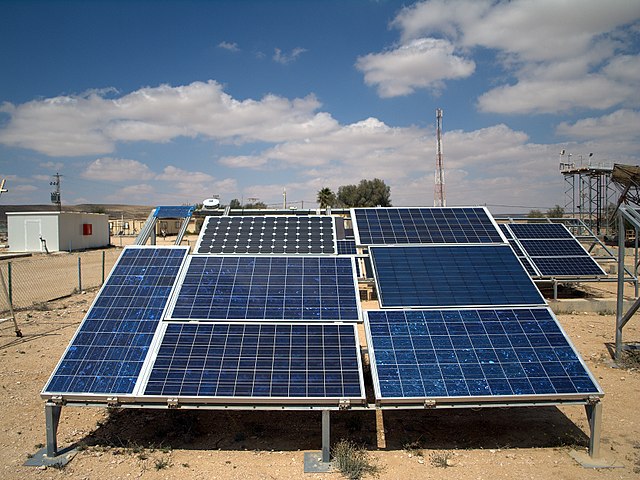
In an era where sustainable and renewable energy sources are gaining increasing importance, solar energy has emerged as a shining star on the horizon. As we navigate the challenges posed by climate change and dwindling fossil fuel reserves, the advantages of solar energy have never been more apparent. In this blog post, we’ll delve into the remarkable benefits that solar power brings to the table, from environmental advantages to economic empowerment.
Clean and Renewable Energy Sources
Solar energy stands out as a clean and renewable energy source, producing no greenhouse gases or harmful emissions during its generation. Unlike fossil fuels that contribute to air pollution, acid rain, and global warming, solar panels harness energy directly from the sun, converting sunlight into electricity through photovoltaic cells. This process is entirely sustainable, reducing our reliance on non-renewable resources and promoting a healthier planet for future generations.
Reduced Electricity Bills
One of the most tangible benefits of solar energy is its potential to significantly reduce electricity bills. By installing solar panels on rooftops or open land, individuals and businesses can generate their own electricity and become less dependent on traditional utility companies. Excess energy can even be fed back into the grid, leading to potential savings or credit on utility bills through net metering programs. Over time, these savings can accumulate, offsetting the initial investment and contributing to financial stability.
Low Operating and Maintenance Costs
Solar power systems have relatively low operating and maintenance costs compared to other energy sources. Once installed, solar panels require minimal upkeep, as they have no moving parts that can wear down. Periodic cleaning and inspections are usually sufficient to ensure optimal performance. This cost-effectiveness makes solar energy an attractive option for homeowners and businesses looking to invest in long-term energy solutions.
Energy Independence and Security
Solar energy offers a path to energy independence and security, reducing reliance on foreign energy sources and volatile fuel prices. By generating electricity locally, communities and countries can enhance their resilience against geopolitical tensions and disruptions in the global energy market. This energy security fosters stability and empowers nations to prioritize their economic growth without being vulnerable to energy supply fluctuations.
Job Creation and Economic Growth
The solar energy sector has become a driver of job creation and economic growth. As demand for solar installations continues to rise, a diverse range of job opportunities emerges, spanning manufacturing, installation, maintenance, and research. This sector supports both skilled and unskilled labor, contributing to the local economy and fostering sustainable employment opportunities.
Technological Innovation
The advancement of solar technology has spurred innovation and research in related fields. Engineers, scientists, and entrepreneurs are continuously working to enhance the efficiency and affordability of solar panels, energy storage solutions, and grid integration. Breakthroughs in these areas have a ripple effect, driving progress in other renewable energy sectors and contributing to a cleaner, more sustainable future.

Environmental Benefits
Solar energy significantly reduces the carbon footprint and environmental impact of energy generation. By opting for solar power, individuals and organizations contribute to cleaner air, reduced water usage, and decreased strain on ecosystems. Additionally, solar installations can be integrated into existing infrastructure, minimizing land use and preserving natural habitats.
Scalability and Versatility
Solar energy systems are highly scalable and versatile. They can be tailored to various sizes and applications, from small residential installations to large-scale solar farms that generate power for entire communities. Solar energy can also be harnessed in off-grid or remote areas, providing electricity to regions that were previously underserved or entirely dependent on non-renewable sources.
Long-Term Sustainability
Investing in solar energy is a commitment to long-term sustainability. Unlike finite fossil fuel resources, the sun’s energy is expected to last for billions of years. By embracing solar power, we are making a strategic choice for the well-being of future generations, ensuring they inherit a planet with abundant and clean energy resources. For further help, tips, and advice about solar power, visit BOSSMagazine to know more.
Conclusion
Solar energy’s advantages are undeniable and far-reaching, encompassing environmental, economic, and social benefits. As we transition towards a more sustainable energy landscape, harnessing the power of the sun offers a promising solution to the challenges of our time. By embracing solar energy, we take a crucial step towards creating a brighter and more sustainable future for ourselves and generations to come.

